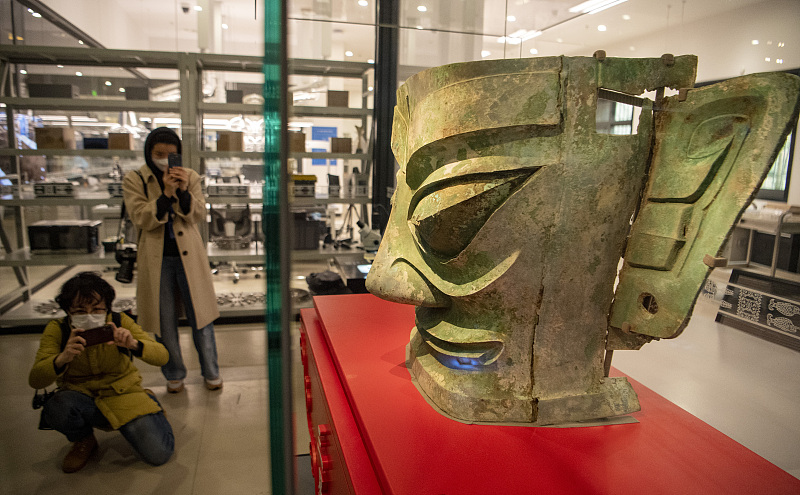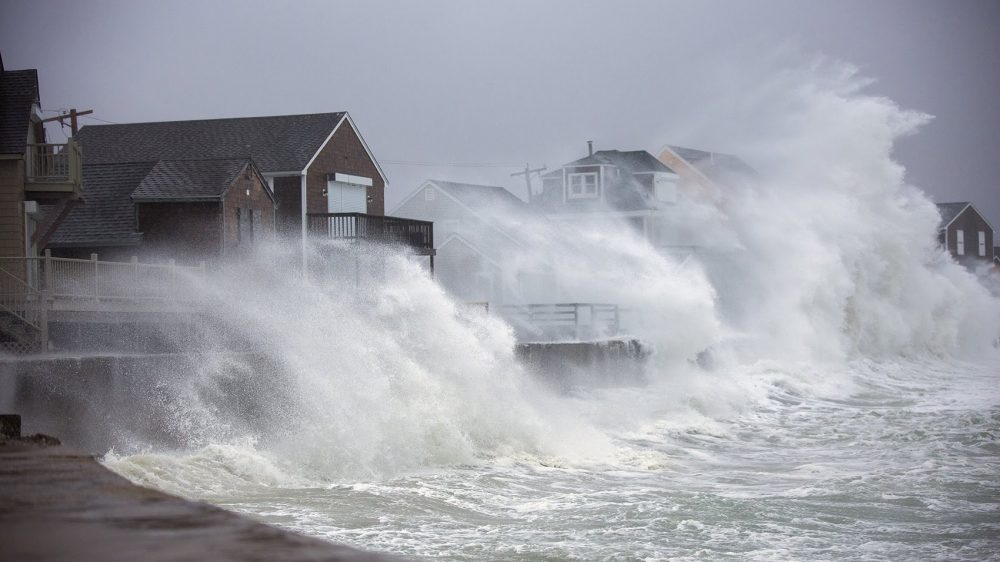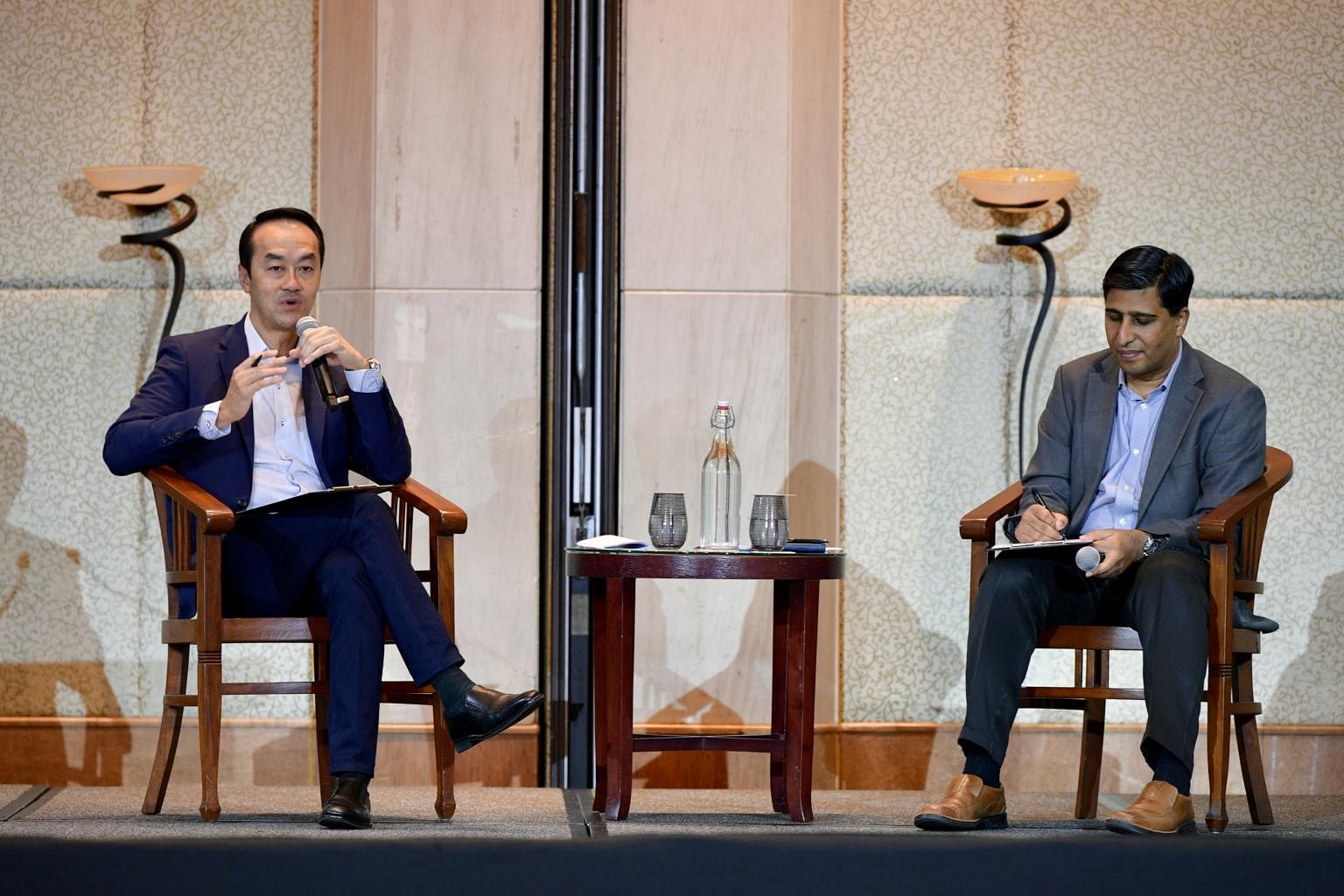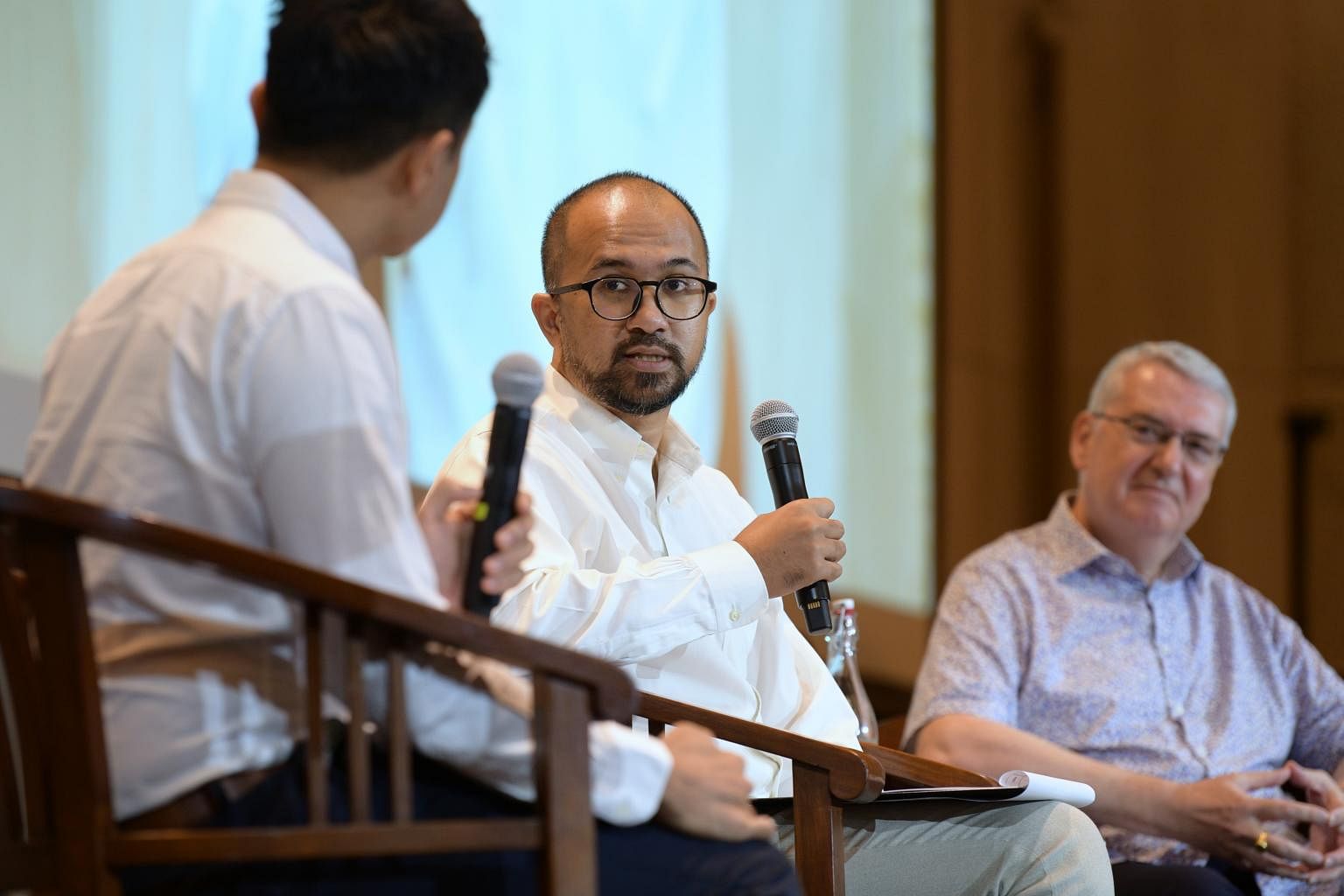by William T. Hathaway / May 28th, 2022

Posted on streetlamps all over Germany are stickers showing fleeing silhouettes with the caption, “Refugees welcome – bring your families”. Some have been blacked out with felt markers or ripped partially away. The Germans have mixed feelings about refugees, as demonstrated in the earlier waves from the Mideast and the current one from the Ukraine.
Germany took in over two million refugees from the Mideast wars, far more than any other country. The equivalent for the US population would be eight million.
This has created an enormous financial and cultural strain in a country that historically has had little immigration. It comes at a time when poverty is increasing and social services are being reduced. The once-generous welfare state is gradually being dismantled. This financial squeeze is worsening now because of expenses for the refugees. The two million newcomers receive enough money to live on plus free healthcare, education, and access to special programs. Some cheat on this, registering in several places under different names and getting multiple benefits. Many Germans resent paying for all this with high taxes while their own standard of living is declining.
The trauma of war and displacement has caused a few refugees to lose their moral compass. They do things here they wouldn’t do at home.
Two-thirds of the refugees are young men, some of them convinced Allah has ordained males to dominate females. In their view, women who aren’t submissive need to be punished. Since being male is the only power many of them have, they feel threatened by women in positions of power, and they sometimes react with hostility. Over a thousand women have been physically attacked — some murdered and raped and many aggressively grabbed on the breasts as a way of showing dominance. Many more have been abused — insulted, harassed, spat upon.
Many refugees are aware that Germany, as a member of NATO, supports these wars that have forced them to flee their homes. They’re not fooled by the rhetoric of “humanitarian intervention.” They know NATO’s motives are imperialistic: to install governments agreeable to Western control of their resources and markets. Although they are now safe, their relatives and friends are still being killed with weapons made in Germany and oppressed by soldiers and police trained and financed by Germany. Rather than a grateful attitude, some have come with a resentful one.
Crime has increased, especially violent crimes such as knife attacks. Police and others have been killed and wounded by refugees. Organized criminal clans have become established in Germany’s lenient legal atmosphere. A few ISIS and al-Qaeda members slipped in with the refugees. They have bombed a Christmas market, attacked synagogues, murdered Jews on the street, recruited new members in mosques.
In the past 75 years Germany has become a peaceful country. The current violence is profoundly disturbing to them. It brings back terrible memories.
The violent refugees, though, are only a small minority. Most of the newcomers have a positive attitude. They are getting a fresh start in life, recovering from trauma, getting an education, learning new skills. They’ve been introduced to other cultural possibilities.
Women in particular are responding favorably to this new environment. Seeing how women here live, some of them are beginning to free themselves from patriarchal bondage. With help from German feminists they are developing the energy and determination to challenge male rule and change the conditions of their lives. And they’ll inspire their sisters back home.
The situation with the Ukrainian refugees is much different. The cultures are similar, so there’s less clash. The war hasn’t been going on for long, so there are few of them and problems have not yet developed. They are being celebrated as brave heroes standing up to an aggressive Russia intent on dominating Europe. Anti-Russian feelings have been strong in Germany for two centuries, so this propaganda finds ready acceptance. During the Cold War the German government beamed out the constant danger of Russian attack in order to justify the presence of US troops and nuclear weapons on their soil. Now they condemn Putin as the new Hitler. Atrocity stories of Russian troops get enormous coverage, those of Ukrainian troops against separatists in Donbass are ignored. Every small Ukrainian victory is cheered with blood-thirsty enthusiasm. Welcoming these refugees is part of the strategy for maintaining NATO dominance.
But, of course, it is important to take them in, to shelter them from this latest capitalist butchery. Like the Arabs, most of them are fine people, and many will stay and contribute to the society in their new home.
Germany still has anti-foreign, anti-Semitic, right-wing extremists, but since World War Two the West German government has systematically pushed them out of public life. Unfortunately that wasn’t true in East Germany. There the Stalinist regime ignored the problem, as did Stalinist governments in the eastern European countries. They didn’t want to risk provoking uprisings against their dictatorships. In the former East Germany, which is much smaller than the West, right-wing extremists are a small minority, but a hateful, well-organized, and sometimes violent one. In eastern Europe they are much stronger, sometimes the most powerful political force.
The establishment press in the USA, Britain, and France jump at every opportunity to exaggerate right-wing incidents in Germany in order to divert attention from problems in their own country. The right wing in the USA is much more powerful and dangerous than that in Germany. That’s why our resistance to it is so important.

Facebook
William T. Hathaway is an emeritus Fulbright professor of American studies at universities in Germany. His new novel, Lila, the Revolutionary, is a fable for adults about an eight-year-old girl who sparks a world revolution for social justice.
Read other articles by William.
This article was posted on Saturday, May 28th, 2022 at 12:23am and is filed under Germany, Middle East, Refugees, Russia, Ukraine.













